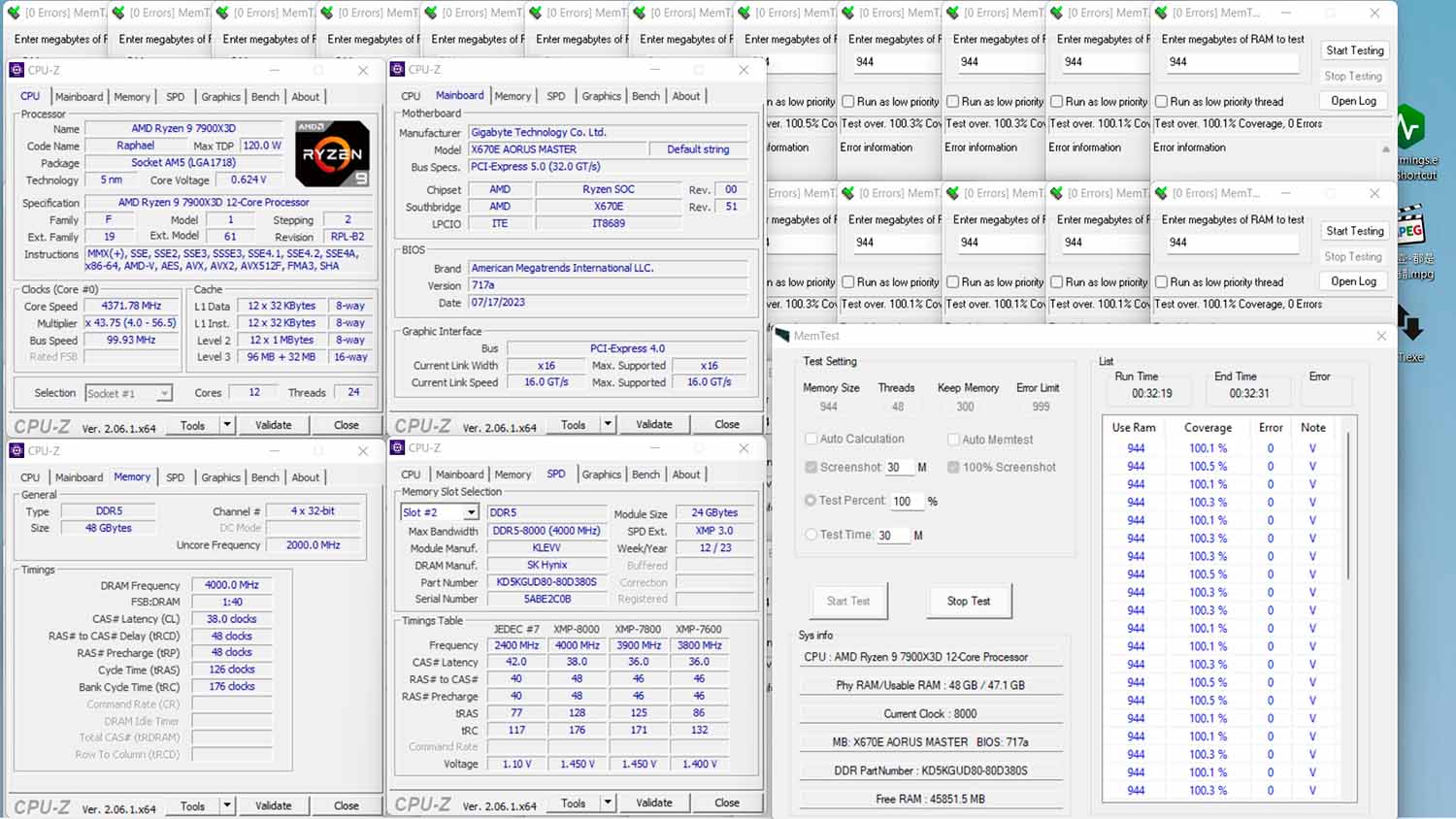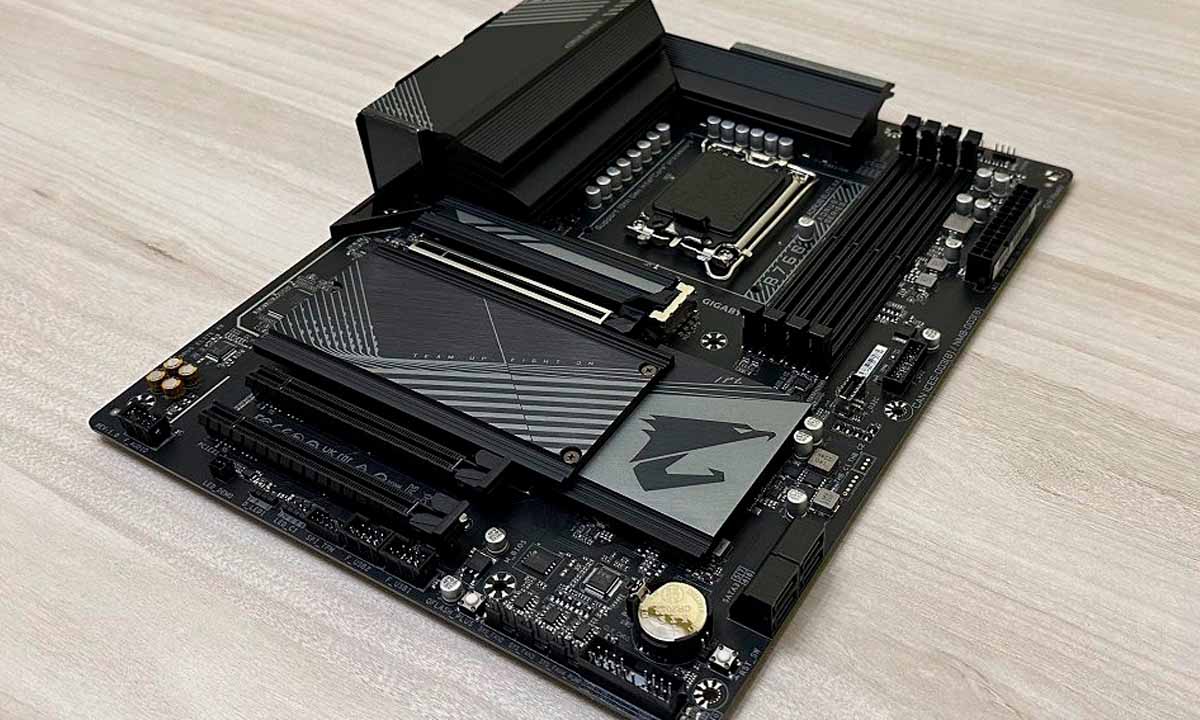Gradually but steadily thanks to the advances of companies like GIGABYTE. We see how this is possible improve DDR5 RAM performance, the latest PC memory standards. Let’s remember that with the arrival of the Ryzen 7000 AMD, in the already advanced months, bet exclusively on this technology and left DDR4 behind. Intel maintains DDR4 compatibility with the thirteenth generation Intel Core, Raptor Lake, but the numerous performance tests we were able to see before its commercialization show us a huge difference in performance. Only the expansion of DDR5-incompatible equipment or the need to build exceptionally cheap PCs appear to be reasons that justify choosing DDR4 over DDR5 today.
On the one hand, from time to time we come across modules that are somewhat faster than those that existed until then, but if we are talking about faster RAM, the most common is to resort to overclockingYou know, making the components work at a higher speed than they were, at least initially, designed and verified for. In this way it is possible to scale its performance, sometimes impressively, although it is true that when we talk about world records and so on, it is always in very controlled conditions, for a short period of time, with highly advanced cooling systems, etc.
In its early days, overclocking carried serious risks, and if you lost a part, all you had to do was curse for a few minutes, check that the damage was limited to it, and go to your reference store to buy or order to replace it. Today with technologies like GIGABYTE and technologies like XMP (Intel Extreme Memory Profile), overclocking is safe and within everyone’s reach.

Well, today we are facing a new advancement in this sense and that is it GIGABYTE Announces Compatibility of X670 and B650 Family Motherboards with DDR5 XMP 8000. The highest performance peak of this memory was achieved with the X670E AORUS MASTER motherboard based on the latest AMD AGESA BIOS code at 1.3V SOC, but the improvement applies to all X670 and B650 AORUS/AERO series motherboards, for which the brand has already started to release the BIOS update, in a process that will be completed by the end of this month.
How do you know, XMP is a simple and safe overclocking technology designed by Intel and which was initially compatible only with systems equipped with chips of the brand itself. However, XMP has also been supported on AMD-based systems for some time. The use of this technology allows the user to ignore frequencies and voltages, he only has to enter the BIOS of his system, activate a profile compatible with his memory, and the necessary adjustments will be made automatically and safely to increase the performance of the RAM.
More information














